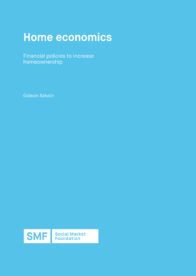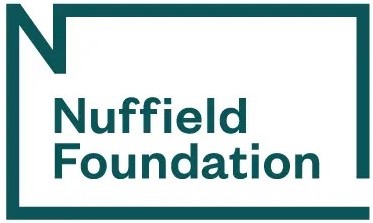Homeownership is a dream for millions in countries across the Anglosphere, but rising prices have put that dream out of reach for many households. This report – the second in a series on the problem of housing – surveys homeownership challenges and policies in the UK, Australia, New Zealand, Canada and Ireland to understand what has gone wrong and how we might fix it.
KEY POINTS
- Since 2008, the British government’s efforts to get people on the housing ladder have helped some households save for a deposit, but have failed to increase homeownership in areas with high demand.
- This report recommends alternative policies, focusing on the three main obstacles facing first time buyers: deposits, mortgage payments and tax payments.
- The average deposit demanded for home purchases in the UK have risen from £16,400 in 2007 to £50,051 today.
- To address this, the UK should learn from Canada’s system of mortgage insurance, which insulates home loan defaults from the wider market and allows for cheaper deposits.
- Although the burden of monthly mortgage payments declined from 2010 to 2020, British homeowners are more likely than their international peers to be vulnerable to interest rate rises.
- To address this, the UK should allow lenders to offer longer term fixed-rate mortgages by altering affordability requirements and encouraging demand.
- The UK has the highest home taxes in the Anglosphere as a proportion of GDP, and the burden as a proportion of income is higher for lower income households.
- To address this, council tax should be made more equitable through regular re-evaluation of property prices, and half of private tenants’ council tax payments should be directed into a home deposit savings account.
- Stamp duty should be abolished and capital gains exemptions for secondary properties should be cut to make up for the revenue.
- ‘Housing sin taxes’ such as taxes on foreign buyers, vacant homes and house flipping should also be introduced.

DOWNLOAD THE REPORT: PDF
Kindly funded by

